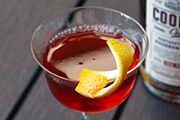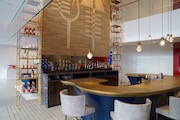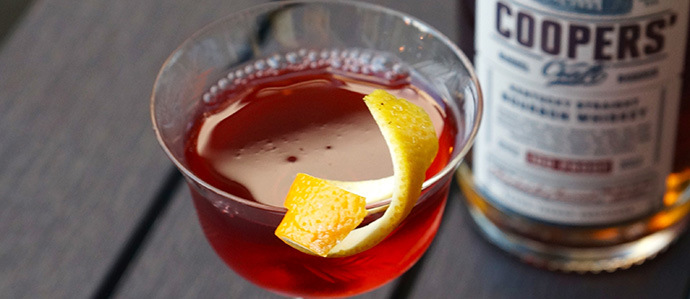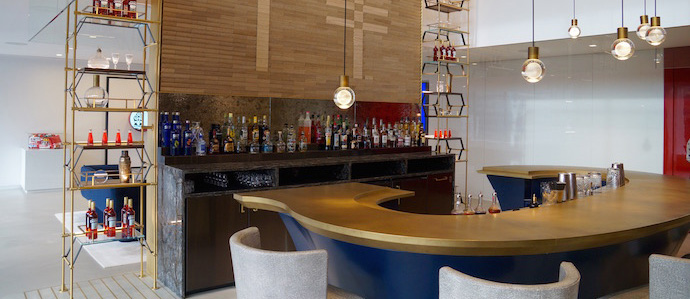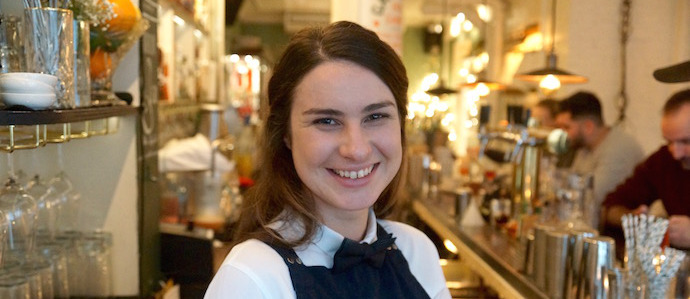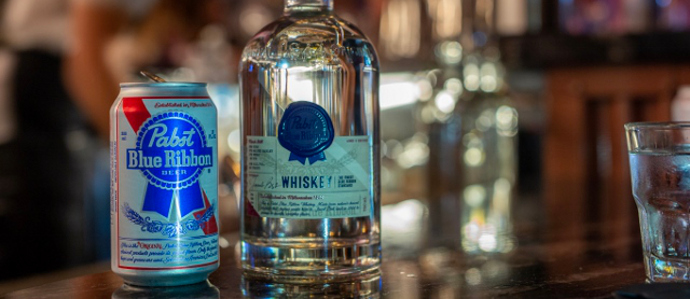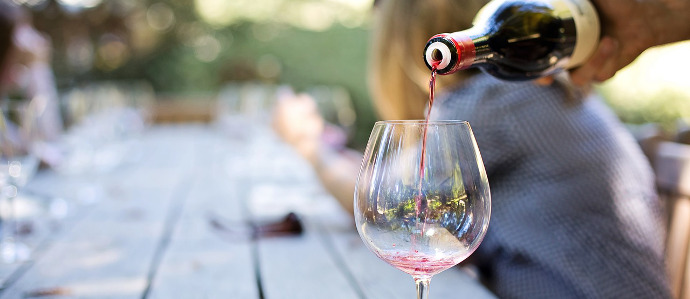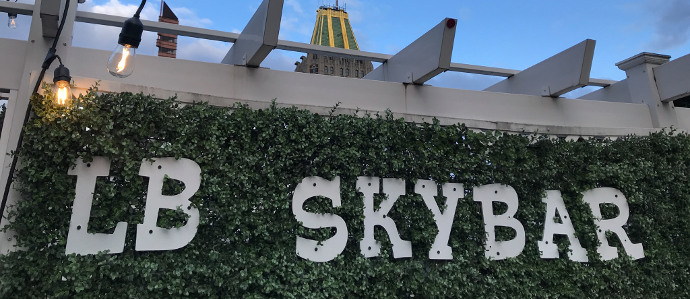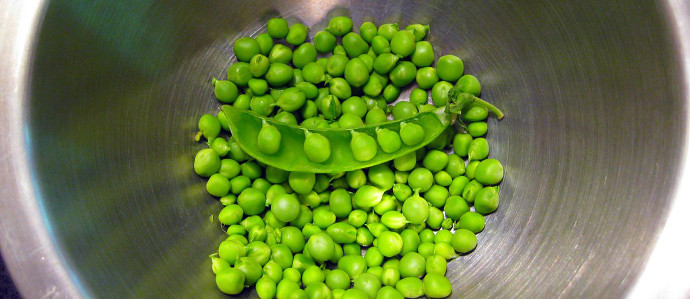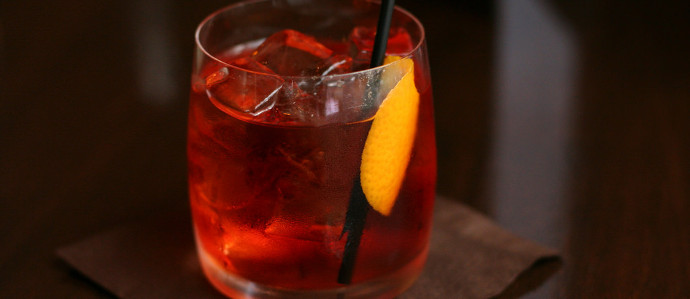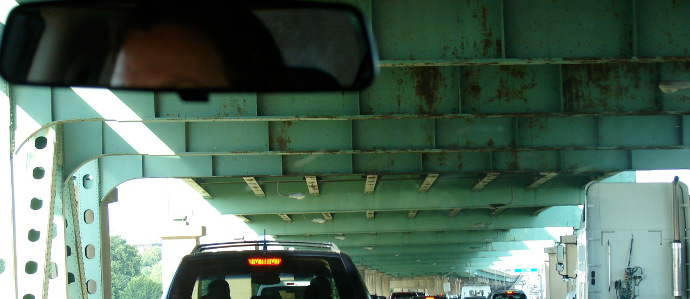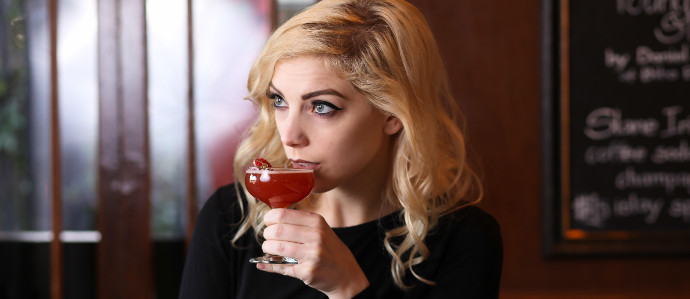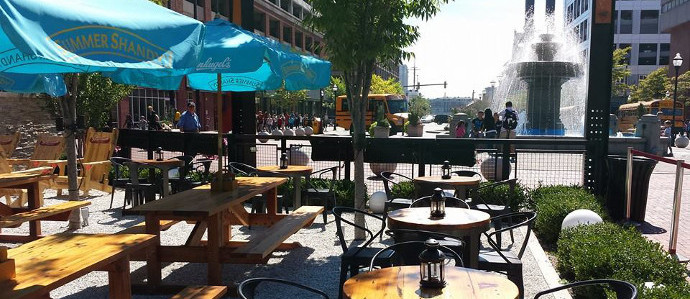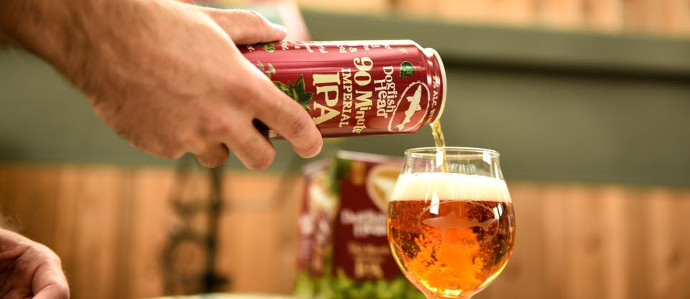Class Action Suits Accuse Anheuser-Busch of Watering Down Beer
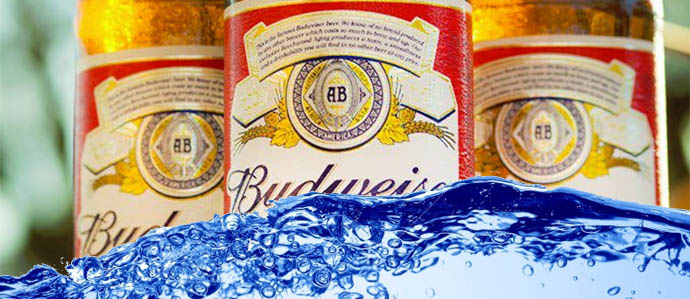
Didn’t we just get past a watered-down booze controversy? A series of lawsuits were filed in federal courts in three states this week, each accusing macrobrewing giant A-B InBev’s St. Louis-based Anheuser-Busch division of selling Budweiser and other beer at a lower ABV percentage than listed on the label.
The complaints, filed in Pennsylvania, California and New Jersey, claim that up to 10 different beers in the company’s roster have been ending up on shelves with less alcohol than they are supposed to contain. The class action suits aim to remunerate consumers who got less booze than they thought they paid for, and are asking for upwards of $5 million each. The real damage, however, might come from the media outcry and customer backlash.
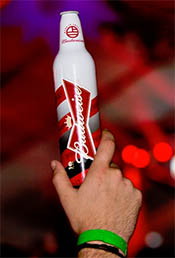 How the watering-down might be occurring is not entirely clear, but the suits are based on information from former employees at some of the 13 breweries A-B operates in the U.S. These people claim extra water is added just before bottling, reducing the alcohol in each bottle by between 3%–8%.
How the watering-down might be occurring is not entirely clear, but the suits are based on information from former employees at some of the 13 breweries A-B operates in the U.S. These people claim extra water is added just before bottling, reducing the alcohol in each bottle by between 3%–8%.
Considering that Budweiser has a pretty low 5% ABV to begin with, the difference would not be very noticeable to the drinker (an 8% reduction would lead to an ABV of 4.6% instead of 5%), but the savings (and therefore profits) for Aneheuser-Busch certainly would be.
A-B’s vice-president has called the claims “completely false,” but the cost-cutting methods jibe with the known techniques of CEO Carlos Brito, who ascended to the position when Anheuser-Busch merged with InBev in 2008. Brito is known for being ruthless in management, and prizing financial savings over quality control.
"Following the merger, [Anheuser-Busch] vigorously accelerated the deceptive practices, sacrificing the quality products once produced by Anheuser-Busch in order to reduce costs," the lawsuit said, according to the BBC.
The lawsuits come when A-B InBev is facing its first hurdle in its global expansion; the U.S. Department of Justice recently threatened to block the beer giant’s takeover of Grupo Modelo (makers of Corona and Modelo) under antitrust laws. A-B Inbev already controls more than 50% of the Belgian-Brazilian company, but the merger would give the congolomerate unprecedented control over both U.S. and world beer markets.
Perhaps the “watering down” lawsuits, combined with the U.S. goverment’s wariness, will put up a stumbling block to the unbending campaign of the company to flood stores with tasteless macrobrew and keep craft beer off the shelves.




